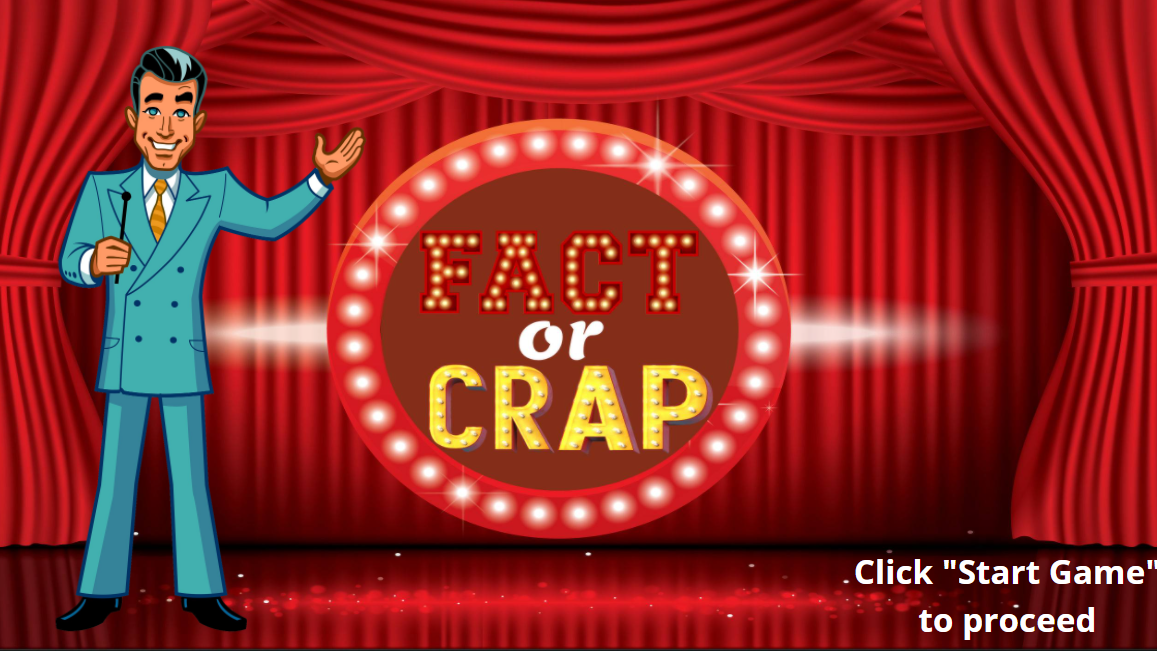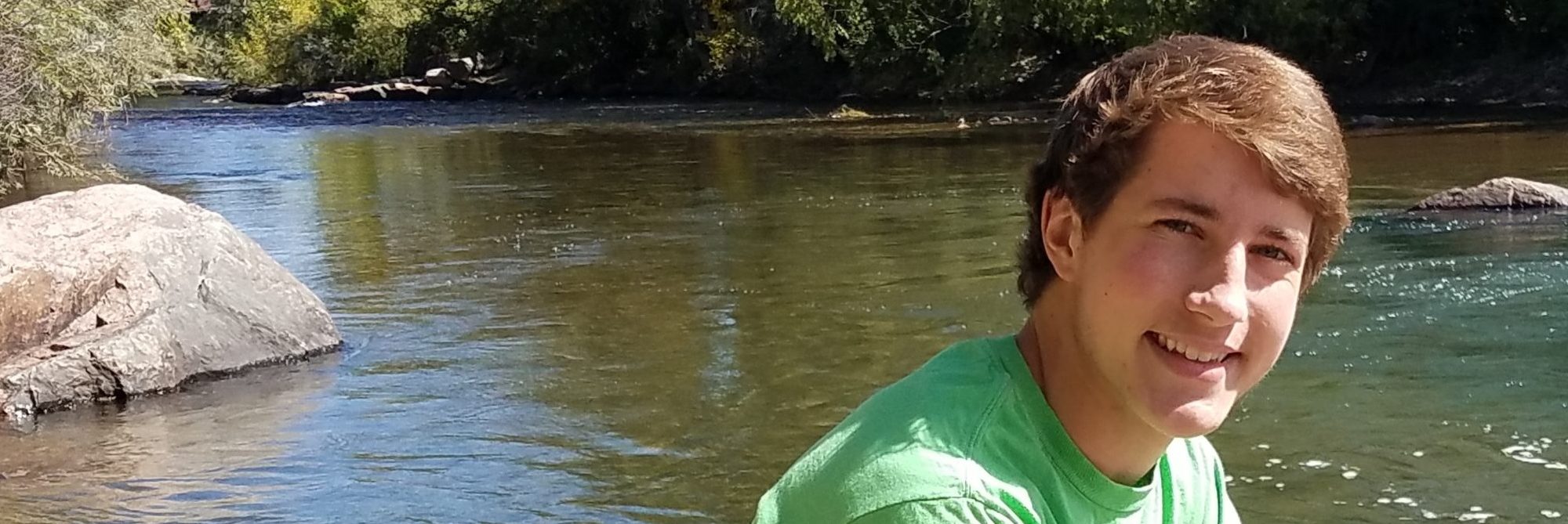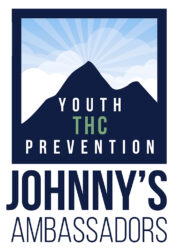Marijuana Suspension Alternative Program
Thank you for your interest in Johnny’s Ambassadors online youth THC education. This curriculum is often used as a Suspension Alternative when a student is caught using THC products at school. It can also be used as a detention activity or during in-school suspension. It’s FREE and UNLIMITED.
Johnny’s Ambassadors is a 501c3 nonprofit founded by his mother after 19-year-old Johnny Stack died by suicide after becoming psychotic from dabbing high-potency THC concentrates in Colorado. We couldn’t find a web-based, self-paced, direct-to-teen, current curriculum on today’s high-potency marijuana that didn’t require an adult to teach it. So, we created one ourselves, thanks to the kind financial contributions of Johnny’s Ambassadors donors. When Johnny was suspended from school for being caught with THC, he got a free week of vacation, lost classroom time, and had no education. This online course provides education or an alternative to traditional suspension for middle and high school aged students.
Who is this curriculum for?
* School mental health professionals
* Health and PE teachers
* Teens who receive an MIP and must take an education course
* School Resource Officers (SROs)
* Prevention education classroom teachers (prevention specialist, SAC, school nurse, health teacher, PE teacher, etc.),
* Counselors and behavioral health facilities
* Juvenile drug courts for those with marijuana driving infractions and possession charges
* School staff seeking alternatives to suspension
* Parents who want to educate their teens at home on the harms of youth marijuana use (parallel track)
* Anyone who works with teens who wants to educate them about the harms of youth THC use!
YES, I want to use it! Take me there now!
Because of the legalization in some states and normalization in our media, many adolescents and teens believe there’s no harm in using marijuana products. Teens need to be educated about the dangers of today’s high-THC marijuana on adolescent brain development, mental illness, and suicide.
This isn’t just any ol’ boring training! This highly-engaging course uses a colorful, superhero theme with gamification, simulations, music, interactive quizzes, gameshows, hand-drawn whiteboard videos, and peer-to-peer testimonials. The course is built on an innovative, interactive platform can be taken from any device.
This youth THC prevention course is:
* A self-paced, research-based, evidence-informed, direct-to-teen curriculum
* Created by researchers, doctors, and Ph.D. curriculum designers and approved by our Scientific Advisory Board.
* Targeted to middle and early high school students (with a parallel track for parents and concerned adults). Not suggested for elementary school students, as the science concepts are too difficult.
* Designed to educate and prevent marijuana use and raise awareness (this is NOT an intervention)
* Intended to reduce the gap between the perceived and actual harm of marijuana and lower use.
This is a single-incident curriculum in the drug prevention space and takes about 60 to 90 minutes total, broken up into eight separate modules. If a teen must prove they took the class, have them take a SCREEN SHOT at the end of each module. You can take it multiple times as you wish and start and stop as desired. For district group classes, you can teach our DIY class, assign the online portion, and then debrief with our discussion questions.
“I’ve been looking for a program to recommend to our local school district, parents, students, and community members regarding youth marijuana use, and I have finally found it. This is FANTASTIC! I love how interactive the training is; it’s very easy to understand and fun! As an underage substance use prevention specialist, even I learned a lot through this course. Thank you, Laura, for sharing your story. I admire your strength and dedication. “
Reagan Mecham, Frenchtown Community Coalition Coordinator
“It amazes me to know how my brain goes through huge cycles in life of critical development and this development doesn’t end till age 25. My brain is in the best years of growing as I’m a teen, and I need to let this process go and work the right way or it could lead to long term effects. I can not use any of the types of marijuana especially at this young age. If I want to take on the challenges of this world and complete my hobbies etc., I need to let my brain grow the way its supposed to healthy. Watching Mathew’s talk was also motivational and eye opening being able to relate to him in a way.” – from a teen who took the course

Preview the Course
Here is a sample of one of the games in Module 3 called the “Marijuana FACT or CRAP Gameshow”!
Is There a Parent Track?
There is an additional introductory module for parents with drug photos we don’t show to students. We don’t want to inadvertently give teens a lesson in how to use marijuana, so we do not show photos of THC products. If a parent and teen take this training in parallel, a joint drug-free contract can be completed in the last module.
Typical Suspension Alternative Program Outline
In order to avoid suspension after getting caught with THC products of any nature (Delta-8-THC, Delta-9-THC, etc.), derived from any source (marijuana or hemp), through any method (vape, dab, edible, etc.), student must agree to:
- Attend a class taught monthly by the social worker or counselor for all students in the district under disciplinary action, using our Certified Johnny’s Ambassadors Trainer curriculum.
- Complete our 8-module online self-paced training. If desired, have the student take screen shots of the lessons at the end of each module as proof of completion.
- Fill out our 16-page workbook with reflection questions at home and have a parent sign off.
- Discuss answers 1-on-1 with counselor to ensure student understands the harms of marijuana use before reinstating them to normal status.
- Sign a contract for no future use, understanding the next drug infraction of any kind will result in suspension.
Results of Our Training – Pre/Post Survey Results:
A 3rd party has downloaded the data and performed a statistical analysis of 199 student scores before and after taking our online teen anti-marijuana training. Most questions are worded so we want students to more strongly disagree with the statements before and after the course. ALL responses improved by at least 5%, up to 45% change, due to our training! Here are the results, expressed as a percentage % improvement from pre to post test (all factors improved):
- (Q1) At your age right now, using THC products like edibles, vaping and dabbing is a good idea. 11.52% more think it’s a bad idea.
- (Q2) THC products must be safe because they are legal. 14.99% more disagree.
- (Q3) My personal values say it’s okay for young people to use marijuana and products with THC. 11.32% more disagree.
- (Q4) Smoking a joint is a good way to treat depression (T/F). 45.0% changed their mind and disagreed.
- (Q5) Products with THC can’t harm my brain (T/F). 12.46% more disagreed.
- (Q6) Marijuana and products with THC are harmless to young people. 7.15% more disagreed.
- (Q7) If you are offered THC products over the next two weeks, what will you do? 8.19% more said they wouldn’t use.
- (Q8) How confident are you that you can refuse THC products at a party? 7.68% more were confident they could refuse.
- (Q9) If you have the opportunity to try THC products what would you do? 5.04% more said they wouldn’t use.
- (Q10) I will warn my friends about the danger associated with THC products. 12.84% more said they will warn their friends.
Link to Our E-learning Educational Model and Theoretical Frameworks
Johnny’s Ambassadors E-Learning class theory incorporates three theoretical frameworks into the educational model supporting behavior change:
1. Social Cognitive Theory: Bandura, A. (1998). Health promotion from the perspective of social cognitive theory. Psychology and Health, 13(4), 623-649.
2. Theory of Possible Selves: Oyserman, D., & James, L. (2009). Possible selves: From content to process. In K. Markman, W. Klein, & J. Suhr (Eds.), Handbook of imagination and mental stimulation (pp. 373–394). New York, NY:Psychology Press.
3. The Social Norms Approach: Theory, Research and Annotated Bibliography, Berkowitz, AD (2003A), posted on the website of the Higher Education Center, Newton, MA www.edc.org/hec.
How Is the Course Structured?
The curriculum uses a modular approach with short lessons. There are eight modules in the first course on “What is Marijuana?” A follow-up Course 2 on Strengths Training is in development. In a health class for example, the students can take two modules per week, finishing the marijuana curriculum in one month. The teacher would assign modules and due dates and hold discussions in class.
Course 1 Modules Include:
| 0. (Extra Adult Module) Introduction, Welcome, and Top Ten Toking Tip Offs Gameshow |
| 1. Marijuana & THC & CBD: Same and Different |
| 2. Types & Potency of Marijuana |
| 3. Are THC and Marijuana Addictive? Can Marijuana & THC Kill me? Fact vs. Fiction |
| 4. Marijuana and Brain Development at Ages 13 – 18 |
| 5. Is Marijuana Medicine? |
| 6. Marijuana and Mental Illness: Psychosis and Schizophrenia |
| 7. Can Marijuana Cause Suicide? |
| 8. My Brain’s Main Job: You are your Brain’s BFF |
“I think this will be an educational and eye-opening course for so many students. The visuals such as the whiteboard videos, quizzes, and stories add so much engagement and interaction with the material. The non-judgmental and strengths-based approach makes my social worker heart happy! I wish there was a course such as this when I was an adolescent.” – Olivia W, MSW Clinical Intern
Research links for further reading may be found at https://johnnysambassadors.org/research. For questions, please email [email protected].

